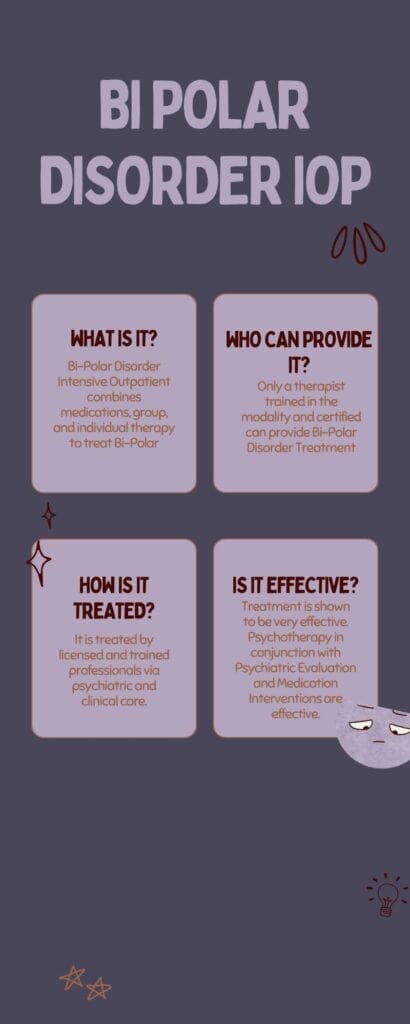Relapse Prevention in Intensive Outpatient Boston
Relapse prevention is the cornerstone of recovery in any Intensive Outpatient Program Boston. It involves recognizing triggers, building coping strategies, and finding a strong support system. This proactive approach helps individuals stay on the path to sobriety and emotional well-being. Today, we will discuss about the key components of relapse prevention.
Key Components of Relapse Prevention
From The POV Of An Intensive Outpatient Program Boston:
Relapse prevention encompasses various essential components, integral to the success of individuals in their recovery journey. Here are a few of them:
Trigger Identification: Clients learn to recognize their personal triggers, which can include stress, negative emotions, or specific people and places associated with substance use.
Coping Strategies: Individuals acquire practical coping strategies to deal with triggers, including stress management techniques, mindfulness, and effective ways to address negative emotions.
Peer Support: The sense of community and peer support is vital. Sharing experiences and learning from others helps individuals stay motivated and accountable.
Relapse Response Plan: Having a well-defined plan in place for addressing potential relapse signs is critical. It ensures immediate intervention and a commitment to sustained sobriety.

The Role of Resilience Behavioral Health:
Resilience Behavioral Health plays a pivotal role in the journey to recovery in Intensive Outpatient Program Boston.
As a dual diagnosis-centered facility, they specialize in addressing both addiction and mental health issues. Their holistic approach, highly trained team, and supportive environment make them a trusted partner in guiding individuals towards a lasting sobriety and resilience.
The Supportive Environment:
A supportive environment is a cornerstone of successful recovery in any intensive outpatient program.
Resilience Behavioral Health, for example, fosters trust, understanding, and compassion. It recognizes that every client’s healing journey is unique. Thereby, creating a respectful and non-judgmental space where clients can freely express their emotions without fear.
This nurturing atmosphere empowers individuals to confront their underlying issues and trauma, ultimately promoting their resilience and growth in recovery.
Final Words:
The success of relapse prevention within an Intensive Outpatient Program Boston hinges on a multifaceted approach.
By identifying triggers, developing effective coping strategies, fostering peer support, and having a comprehensive relapse response plan, individuals can navigate the path to sustained sobriety and emotional well-being in a structured and supportive environment.
If you or someone you know is seeking support through an Intensive Outpatient Program in Boston, don’t hesitate to contact Resilience Behavioral Health to start your journey to recovery today.

